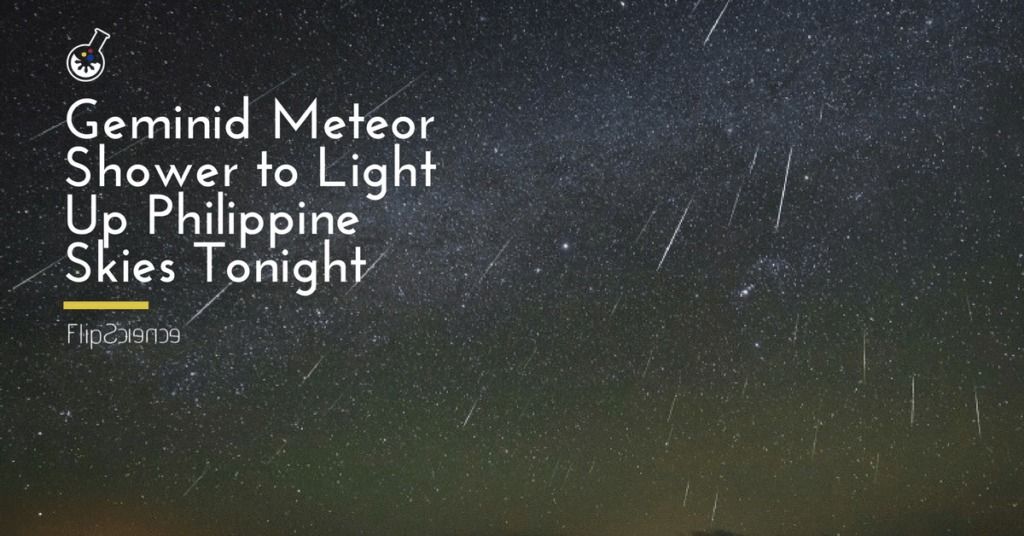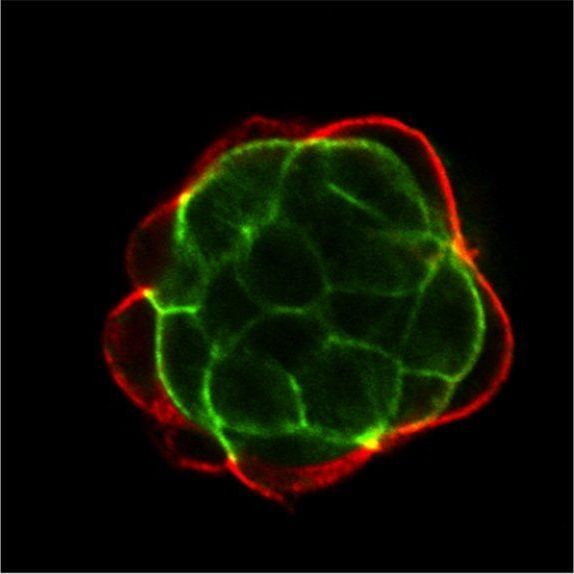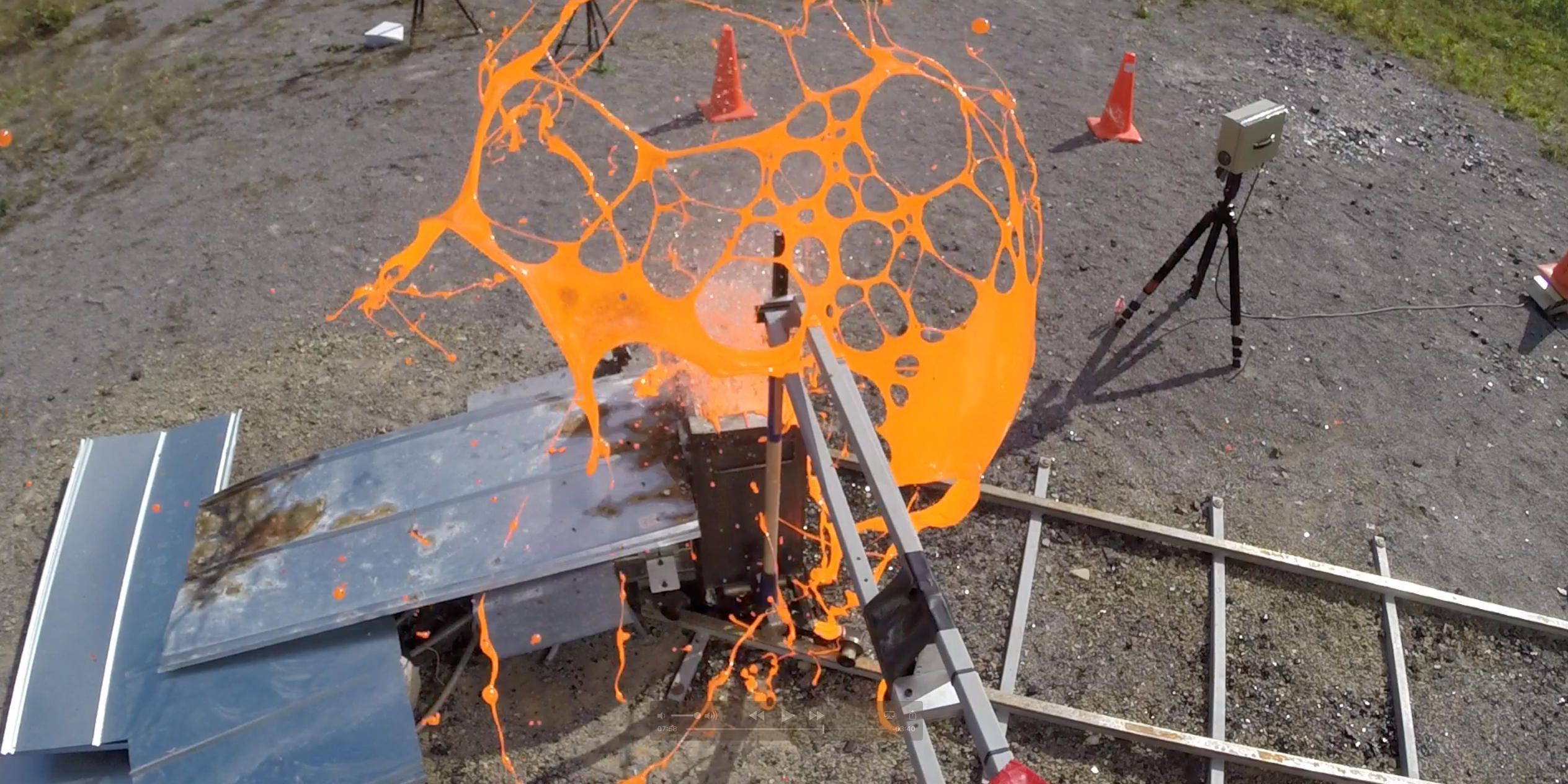Don’t miss out on one of the most prolific and reliable meteor showers of the year! The Geminid meteor shower will put on a dazzling display for sky watchers when it peaks on Dec. 13. You’ll be able to see up to 100 meteors per hour. Plan ahead: http://go.nasa.gov/geminids2018
Category: futurism – Page 1,121







